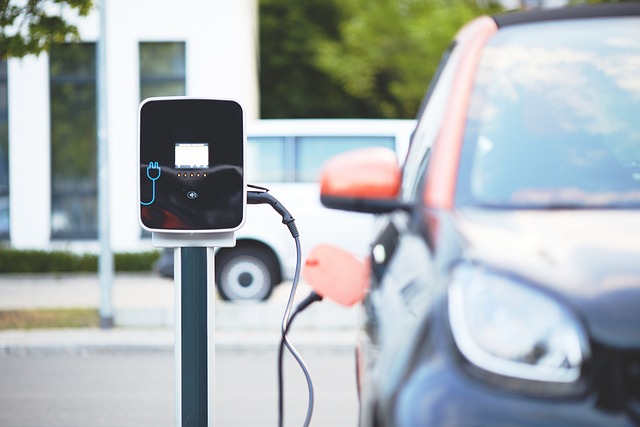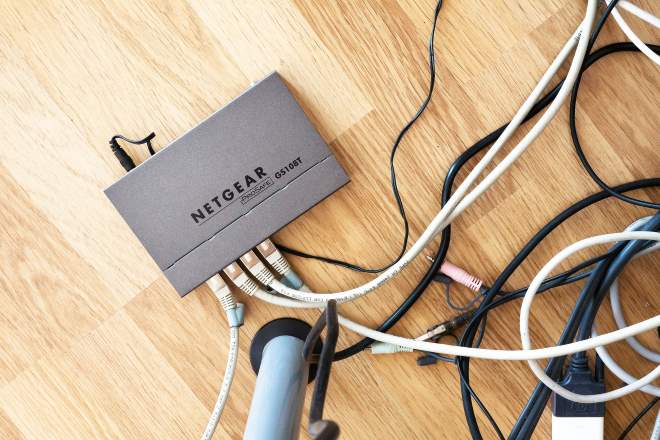Home Electric Vehicle Chargers United Kingdom 2026
Home electric vehicle (EV) charging is an important aspect of EV ownership in the United Kingdom. This article outlines the common types of home EV chargers available in 2026, key technical and installation considerations, typical costs, and relevant regulatory and grid supply factors specific to UK homes.

Types of Home EV Chargers in the United Kingdom
Home EV chargers are devices that provide electric power to recharge electric vehicle batteries. In the UK, there are several categories of these chargers, reflecting differences in power output, installation requirements, and user features.
Slow Chargers (Mode 2)
These charging options typically use a standard domestic socket with an in-cable control and protection device (IC-CPD). Power output ranges from around 2.3kW to 3.7kW, depending on the household supply. Charging times are longer compared to dedicated EV chargers, often taking over 10 hours for a full charge, making them suitable for occasional or emergency use rather than everyday charging.
Fast Home Chargers (Mode 3)
Fast chargers commonly installed at UK residences provide power from 3.6kW up to 7.4kW, compatible with the single-phase power supply typical of most homes. These chargers are wall-mounted units, sometimes referred to as “wallboxes.” They offer faster charging speeds, enabling a typical EV battery to be renewed overnight within 6 to 8 hours. Many of these units feature either tethered cables—attached permanently to the charger—or untethered sockets allowing different connector types.
Higher-Power Chargers (Up to 22kW)
Chargers delivering up to 22kW require a three-phase electrical supply. While three-phase connections are more common in commercial or industrial premises, some UK homes have access to this setup or can apply for an upgrade. The installation of 22kW chargers generally involves more significant electrical work, including cable upgrades and compliance with local network operator requirements. Such chargers can fully recharge an EV significantly faster, often in 1 to 3 hours depending on battery size, but remain less common in purely residential settings.
Technical and Installation Considerations
Electrical Supply Standards in the UK
Most UK residential properties receive a single-phase alternating current (AC) supply rated at 230 volts and 100 amps or less. This standard limits home charger power to roughly 7.4kW without upgrading the supply or equipment. Three-phase supply, providing 400 volts, is comparatively rare in homes.
Safety Standards and Compliance
Installation of home EV chargers must comply with UK electrical regulations, particularly the IET Wiring Regulations (BS 7671). This involves ensuring the installation is performed by a certified electrician, with correct earthing, circuit protection, and residual current devices (RCDs) in place.
Additional requirements can include: - Dedicated circuit breakers or consumer units for EV chargers. - Installation of a separate earth rod if the property has a TN-C-S earth system without PEN fault detection in the charger. - Adherence to the Electric Vehicle Homecharge Scheme (EVHS) guidelines if applying for government grants.
Location and Installation Constraints
Installers assess several factors that may affect charger location, including: - Proximity to the consumer unit (distribution board) to minimise cable length and voltage drop. - Accessibility and parking arrangements for the EV. - Protection from weather, although chargers are designed for outdoor use with appropriate IP ratings.
Building permissions are generally not required for EV charger installations, though planning consent might be necessary if the property is listed or in a conservation area.
Smart Features and Energy Management
Modern home EV chargers increasingly incorporate smart technology to enhance efficiency and integration with broader energy systems:
- Scheduled Charging: Allows users to program charging times to coincide with off-peak electricity tariffs or periods of low grid demand.
- Load Management: Balances power use if the household also has high-demand appliances, preventing overloads.
- Solar PV Integration: Some chargers can prioritise electricity generated from rooftop solar panels for EV charging, reducing grid dependence.
- Remote Monitoring: Mobile apps can provide real-time status, consumption data, and allow control over charging sessions.
Smart chargers support the UK’s grid stability efforts, particularly with the increasing rollout of electric vehicles, by enabling demand-side response and participation in future vehicle-to-grid (V2G) schemes where EVs supply power back to the grid.
Typical Costs in United Kingdom (2026)
When considering home EV charger installation in the UK, typical price ranges include:
- Basic option: Around £350 to £600 - includes simple slow chargers or Mode 2 charging cables; minimal installation work if using existing socket.
- Standard option: Approximately £700 to £1,200 - covers typical 7kW fast home chargers with tethered cables and basic installation on single-phase supply.
- Premium option: Typically £1,500 to £2,500+ - includes higher-capacity chargers (up to 22kW), three-phase electrical supply upgrades if necessary, smart charger features, and more complex installation requirements.
Costs vary depending on factors such as installer rates, property electrical infrastructure, cable lengths, and potential additional works like consumer unit upgrades.
UK Government and Industry Context
The UK government supports the transition to electric vehicles through schemes such as the Electric Vehicle Homecharge Scheme (EVHS), which provides grants towards the cost of installing home chargers, subject to eligibility and regional availability.
Additionally, the growth of public charging infrastructure complements home charging, but most EV drivers rely primarily on overnight home charging for convenience and cost-effectiveness.
The increasing adoption of electric vehicles aligns with UK targets to phase out petrol and diesel car sales by 2030, making accessible and safe home charging solutions integral to this transition.
Future Developments and Considerations
Looking ahead, advances in charger technology, battery capacities, and grid management may influence home charging practices in the UK:
- Improved smart grid integration could enable dynamic pricing and demand management.
- Vehicle-to-grid (V2G) technologies may allow EV owners to feed surplus energy back into the grid, offering benefits during peak demand periods.
- Standardisation of charging connectors continues, with Type 2 connectors dominant in the UK, but CCS rapid charging standard is common for fast public chargers.
Homeowners considering EV charger installations should keep informed about emerging standards and technological developments to ensure compatibility and future-proofing.
Summary
Home EV charging in the UK in 2026 involves a variety of charger types with differing power outputs suitable for domestic power supplies. Installation requires compliance with electrical regulations and consideration of property-specific factors. Costs vary depending on charger capabilities and installation complexity. Smart chargers contribute to efficient energy use and grid integration. The growing prevalence of electric vehicles makes understanding these factors important for current and prospective EV owners.




